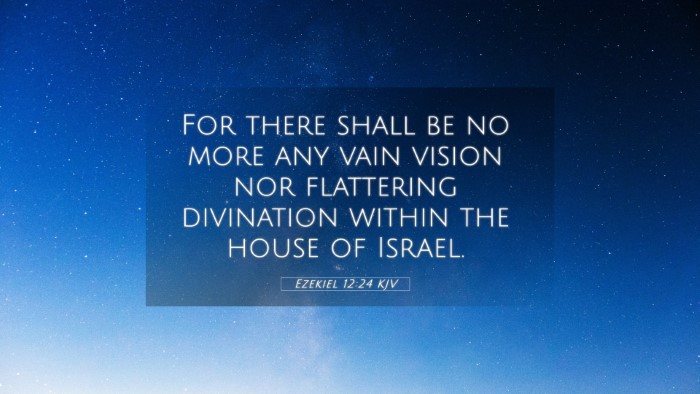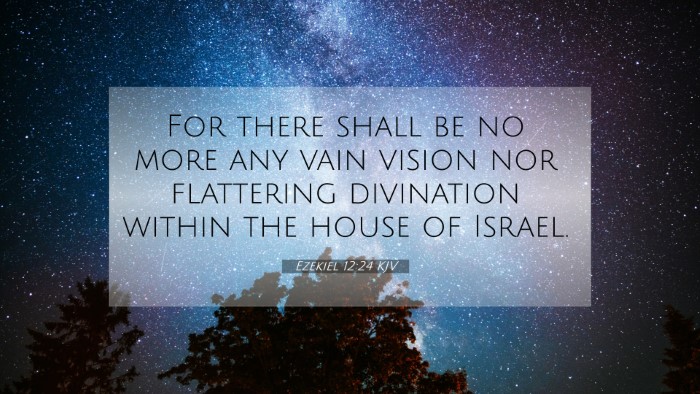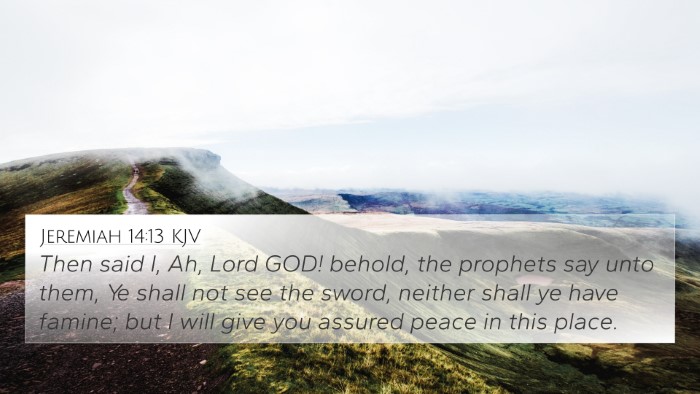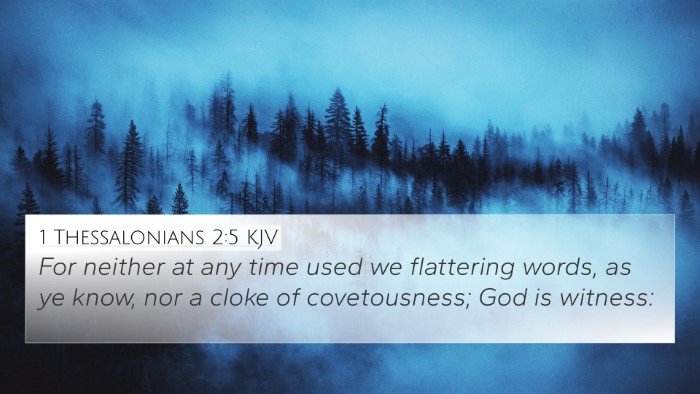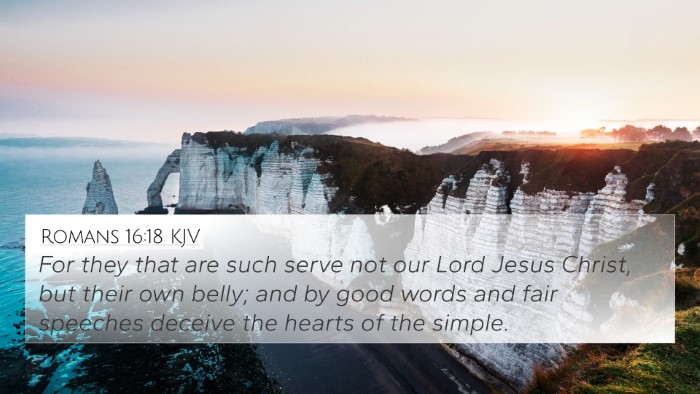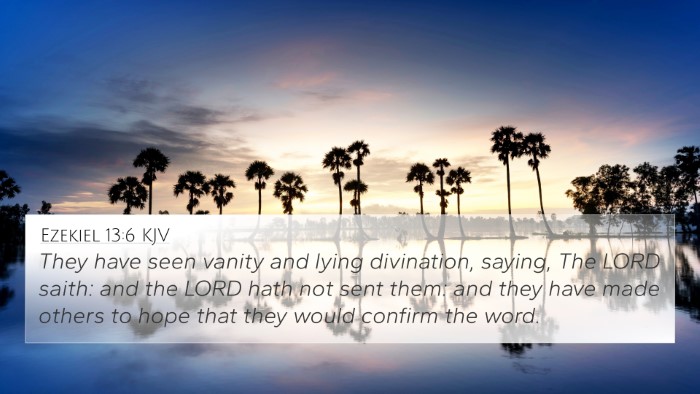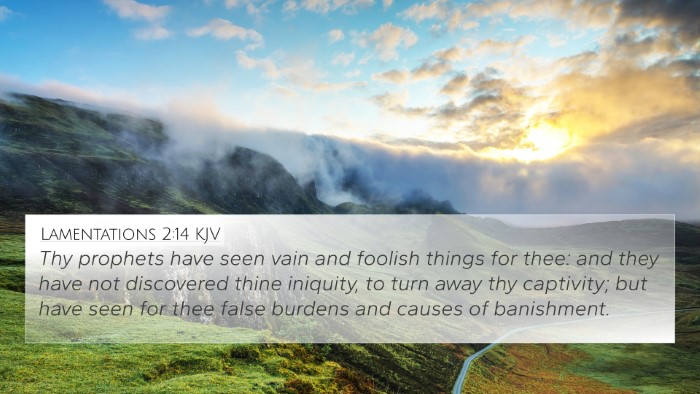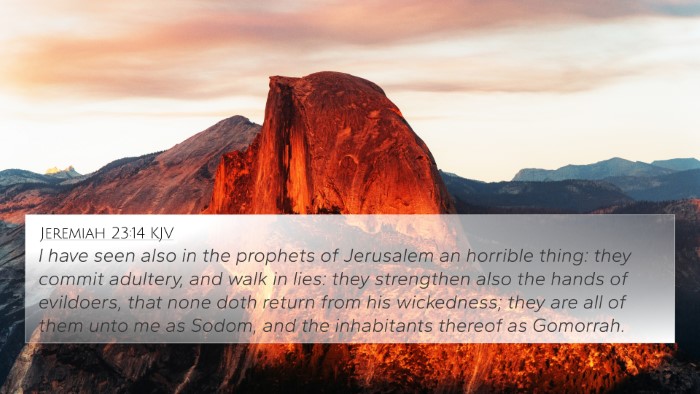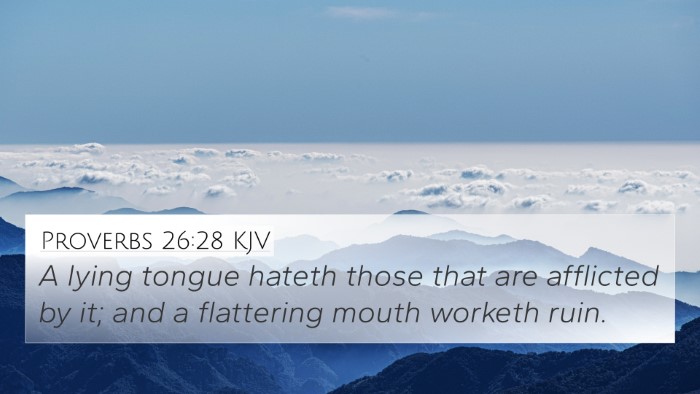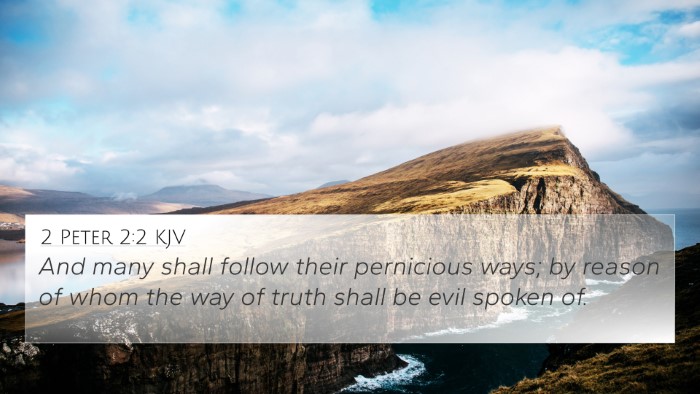Ezekiel 12:24 - Summarized Bible Verse Meaning
Ezekiel 12:24 states: "For there shall be no more any vain vision nor flattering divination within the house of Israel." This verse serves as a pivotal comment on the prophetic landscape during the time of Ezekiel, emphasizing a divine directive against false prophecy and misleading visions.
Contextual Understanding
This verse appears in a section where God, through the prophet Ezekiel, is addressing the people of Israel concerning their reliance on false prophets and diviners who provided comforting but untruthful messages.
Commentary Insights
-
Matthew Henry:
Henry emphasizes the judgment against false prophets, elaborating that their misleading counsel would come to a halt. He highlights that God's judgment comes to clear the confusion created by these deceitful ways, reassuring that the faithful will rely solely on God's true word.
-
Albert Barnes:
Barnes points out that this declaration underlines God's sovereign control over the prophetic discourse. He elaborates that the word 'vain vision' signifies not only false prophesies but also the empty promises that lead people astray from God's truth.
-
Adam Clarke:
Clarke provides an understanding of this verse within the broader context of Israel's spiritual condition, noting that the cessation of falsehoods would usher in a period of true revelation from God, thus restoring integrity to the prophetic office.
Theological Implications
The verse conveys a profound truth about the nature of God’s revelation and the need for discernment among the believers. It is a call to seek genuine prophetic guidance rooted in God's authentic word, highlighting the dangers of succumbing to empty words.
Cross-References
This verse connects with several other biblical texts that address the nature of prophecy and the dangers of false revelation. Here are some significant cross-references:
- Jeremiah 14:14: Discusses the rise of false prophets who speak falsely in God's name.
- Deuteronomy 18:20: Highlights the seriousness of speaking presumptuously in God’s name.
- Matthew 7:15: Warns against false prophets disguised as sheep.
- 2 Peter 2:1: Warns about false teachers among the believers.
- Isaiah 30:10: Mentions those who say to seers to see not, indicating rejection of God's truth.
- Lamentations 2:14: Addresses false visions that do not warn Israel of their perdition.
- Ezekiel 13:3: Denounces the prophets who prophesy out of their own hearts and not from God.
Practical Applications
Believers are encouraged to:
- Seek Truth: Always vet prophetic messages against Scripture.
- Discernment: Exercise discernment by cultivating a strong knowledge of the Word of God.
- Stay Grounded: Embrace the true light of God's word that overcomes falsehood.
Conclusion
Ezekiel 12:24 serves as a profound reminder for all believers regarding the importance of seeking authentic messages from God and rejecting anything that does not align with His truth. In our journey of cross-referencing Biblical texts, this verse becomes a key component in understanding how to discern true from false, encouraging a biblical framework for interpretation.
SEO Keywords Usage
This analysis on Ezekiel 12:24 provides insight into:
- Bible verse cross-references concerning prophetic accuracy.
- Connections between Bible verses on divine guidance.
- Linking Bible scriptures to comprehend God’s truth.
- Comparative Bible verse analysis emphasizing the danger of false prophets.
- Bible verses that relate to each other in the realm of prophecy.
- Tools for Bible cross-referencing that aid in theological discernment.
- Thematic Bible verse connections concerning divine revelation.

